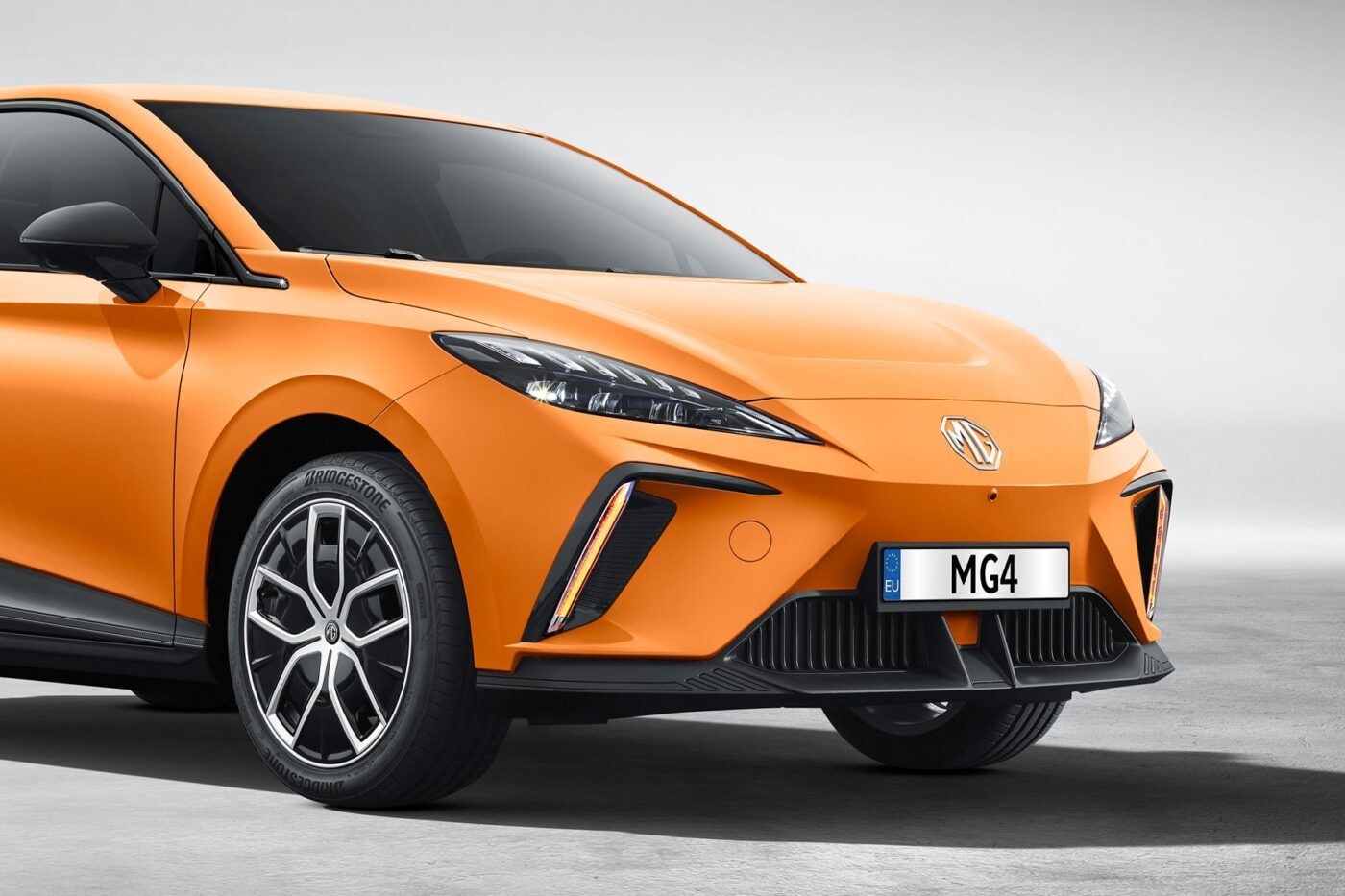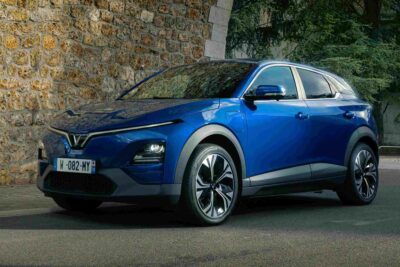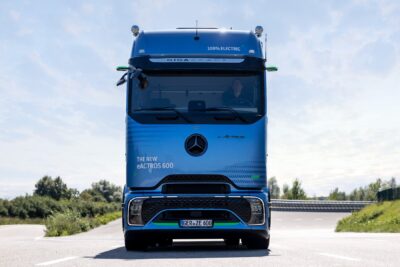EU Commission slightly adjusts China vehicle tariffs
With the provisional special duties that have now been imposed, the actual duty rates differ slightly from those announced by the EU Commission in mid-June. According to the latest announcement from Brussels, 19.9 per cent special duty will be imposed on imports of electric Geely models, whereas 20.0 per cent had been announced. SAIC’s rate remains the highest but has been reduced by 0.5 percentage points to 37.6 per cent. There is no change at BYD with 17.4 per cent.
Electric cars from other Chinese manufacturers that cooperated with the EU in the investigation will be subject to a special duty of 20.8 per cent. For companies that have not cooperated, the rate will be corrected to 37.6 per cent, similar to SAIC. The special duties – whether manufacturer-specific or in one of the two groups – are calculated in addition to the ten per cent import duty that applies anyway. The actual customs duty is therefore ten percentage points higher and thus amounts to a maximum of 47.6 per cent.
‘Provisional’ in the context of the special duties means that the duties are calculated but not yet collected for the time being. The provisional special duties will apply from 5 July for a maximum of four months until 5 November. By then at the latest, the EU member states must have adopted a decision on the definitive duties. If this decision is adopted, the special duties will apply for five years. And the amounts calculated since 5 July will then be collected retroactively. However, security deposits for the provisional duties must be lodged immediately.
Final decision by 5 November
It remains to be seen whether this will happen. On the one hand, German Chancellor Olaf Scholz recently intervened in the proceedings with his own proposal, while on the other, negotiations between Brussels and Beijing are once again underway. “Consultations with the Chinese government have intensified in recent weeks, following an exchange of views between Executive Vice-President Valdis Dombrovskis and Chinese Trade Minister Wang Wentao. Contacts continue at technical level with a view to reaching a WTO-compatible solution, which adequately addresses the concerns raised by the European Union,” the Commission announced. It also reiterates its own position: “Any negotiated outcome to the investigation must be effective in addressing the injurious forms of subsidisation identified.”
The EU Commission presented the plans for the special tariffs in mid-June following a month-long anti-subsidy investigation. The investigation is said to have revealed that Chinese electric car manufacturers have unacceptable competitive advantages thanks to high subsidies from the government in Beijing and can therefore offer their electric cars in Europe more cheaply than domestic manufacturers. For this reason, the special duties were not levied across the board, but rather on a manufacturer-specific basis according to the subsidies identified in the investigation.
This includes not only Chinese brands but pertains to all electric cars built in China. This means that non-Chinese manufacturers who produce electric cars there and sell them in Europe must also bear the special tariffs. These include Tesla with the Model 3 from Shanghai, BMW with the iX3 from Shenyang and Cupra with the Tavascan from Anhui. If the companies have cooperated, they will have to pay 20.8 per cent special duty.





1 Comment